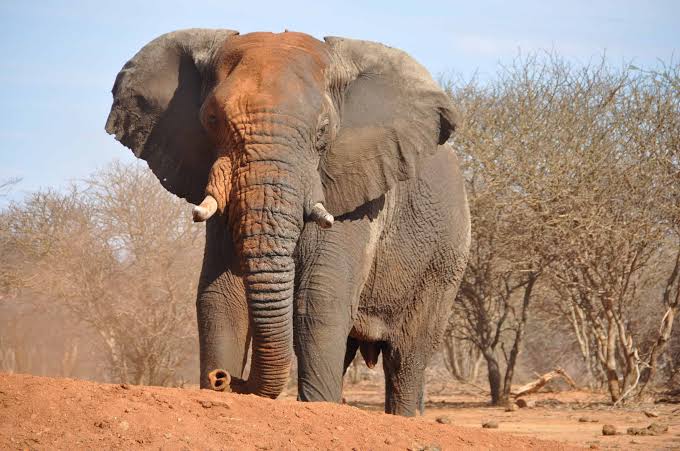News
Wildlife Raids Worsen as Karamoja Farmers Wait on Stalled Government Promises
As Uganda gears up for the 2026 general elections, a quiet crisis is unfolding in the remote districts of Karenga and Kaabong—one not of political campaigns or electoral disputes, but of hungry elephants, broken promises, and communities on the brink of collapse.
In the picturesque but vulnerable landscapes of the Karamoja sub-region, farmers are finding themselves locked in a silent war against wildlife, with their crops as the battlefield. Despite presidential assurances and pledges of compensation and protection, residents say their suffering has only intensified.
“We still have the land and the rain,” says Robert Okello, a farmer in Lobongia Sub County. “But what use is that when the animals come and take everything?”
In December 2024, President Yoweri Kaguta Museveni promised to compensate affected farmers and install electric fences around wildlife reserves during a press briefing at the State Lodge in Morulinga Village, Napak District. That commitment, however, remains largely unfulfilled nearly a year later. Instead, the elephants and buffaloes continue to trample crops and frustrate livelihoods, pushing many families deeper into poverty.
The impact of the wildlife invasion goes beyond damaged gardens—it has begun to tear at the fabric of rural life in Karamoja.
“I dropped out of school after all my crops were destroyed by animals,” says Joseph Lobuin from Kawanakol Sub County. “We even considered poisoning the animals, but we fear the law.”
The desperation is palpable. Farmers who once relied on subsistence agriculture are now unable to feed their families, pay medical bills, or send their children to school. For many, agriculture was the only path to self-reliance in a region long plagued by insecurity and marginalization.
Isaac Lomokol, another farmer, speaks with visible frustration: “It’s not just food we are losing. These animals are eating away our dreams, our dignity.”
Local leaders echo the farmers’ grievances. LC3 Chairperson of Lobongia Sub County, Christopher Lolem, noted the scale of the destruction. “Elephants recently destroyed several gardens in Nakwale Village,” he said. “You know, elephants behave like human beings. They often converge in places to plan their movements as they destroy crops.”
Lolem added that 560 farmers have so far been registered for compensation, yet only one has been contacted—and even then, no payment has been received.
Residents say the government’s response has been marked by vague timelines, shifting explanations, and a lack of urgency.
Karenga Resident District Commissioner Filbert Ocailap insists a solution is in the works: “The government has taken note and is in the process of compensating the affected farmers,” he said, adding that the electric fence project will begin as soon as funds are released.
But to those on the ground, the wait has become unbearable.
The Karamoja sub-region has long walked a tightrope between conservation and survival. It is home to sprawling game parks and rare species, but it is also one of Uganda’s most underdeveloped regions, where hunger and insecurity remain part of daily life.
The farmers’ renewed cries for help come at a time when national attention is turning toward the 2026 elections. While manifestos are being drafted and slogans polished, the people of Karamoja are asking a more fundamental question: Who will protect their right to food?
As government agencies prepare to roll out yet another phase of interventions, the story of Karamoja’s farmers is a sobering reminder of the human cost of slow governance—one where every unfulfilled promise is measured not in political points, but in empty granaries and broken futures.
“We don’t want handouts,” says Okello. “We just want to be left in peace to grow our food.”
And perhaps, in a land where rain still falls and soil still yields, that is not too much to ask.
Comments



















